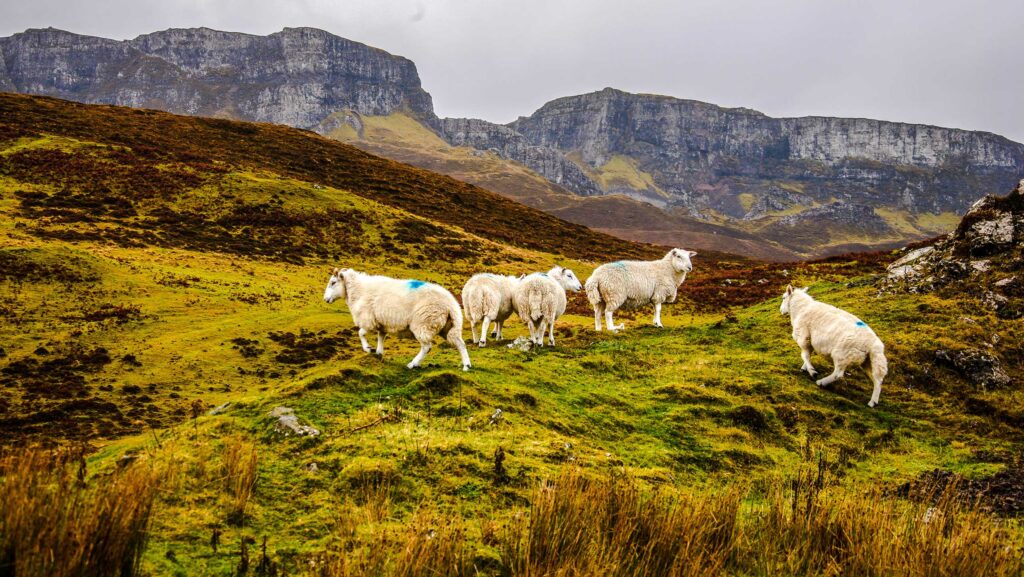Highland flock exodus sparks fears for future of rural Scotland
 © Adobe Stock
© Adobe Stock The wholesale removal of sheep flocks from Highland estates – driven by carbon offsetting, forestry, and rewilding – has sparked alarm across Scotland’s agricultural sector, with industry leaders warning that the trend threatens far more than lamb production.
An exploratory survey by NSA Scotland has revealed that more than 50,000 breeding ewes have disappeared from 51 Highland estates in the past decade, as landowners pivot to green income streams.
NSA Scotland chairman Peter Myles said the findings expose a deeper crisis for rural life.
See also: NSA launches scheme to link graziers with arable farmers
“These figures are a stark reminder that money talks,” said Mr Myles.
“We cannot blame estates for diversifying, but when upland farming is priced out by carbon credits, the impact goes far beyond sheep numbers – it hits skills, jobs, and the fabric of our communities.”
While some estates have downsized rather than removed flocks completely, such as reducing from 1,000 to 200 ewes, NSA policy manager Michael Priestley warned of a dangerous imbalance.
“The concern is not about forestry or regeneration – it’s the wholesale removal of livestock that’s worrying,” Mr Priestley said.
“In just a 10-mile radius around Killin, we’ve seen close to 20,000 fewer sheep. That’s lambs not going to market, shepherds out of work, haulage and shearing businesses losing income.”
He added: “Sheep underpin a huge range of rural skills and industries. If they vanish, so do auction marts, abattoirs, feed suppliers, and the knowledge passed from one generation to the next.”
The national breeding flock in Scotland shrank by 3.7% last year to 2.45 million – down from 3 million in 1900, when the country had one million fewer people to feed.
SLE seeks policy reform
Eleanor Kay, senior policy adviser at Scottish Land & Estates (SLE), acknowledged the challenges, but called for policy reform.
“Expectations on land use have changed, but without clarity and long-term support from government, farming businesses face unacceptable risks,” she said.
“Carbon accounting must better reflect livestock’s reality – methane’s shorter lifespan, for example, must be considered.”
NSA leaders are urging a shift towards multifunctional land use, citing the ability of sheep to deliver across food, fibre, biodiversity, and climate goals.
“Sheep are not the problem, they’re part of the solution,” said Mr Priestley.
“When will this contraction stop? Without balance, we risk losing not just flocks, but the very communities that rely on them.”
